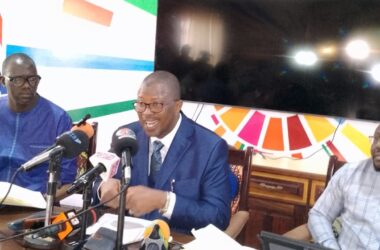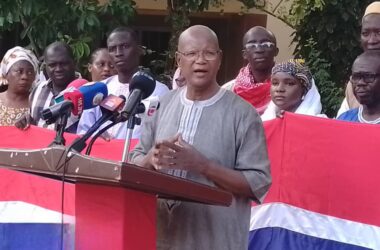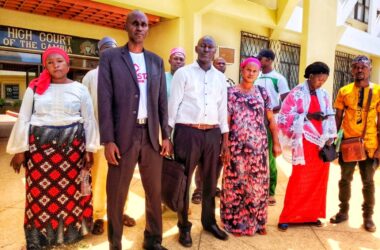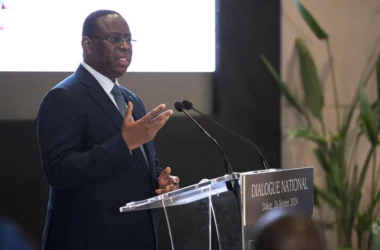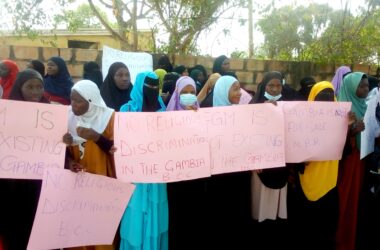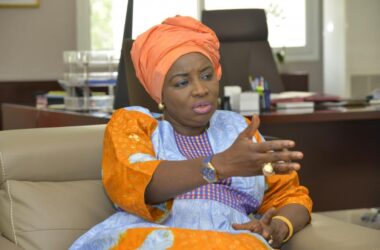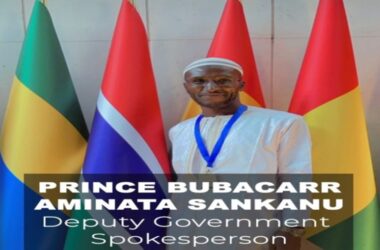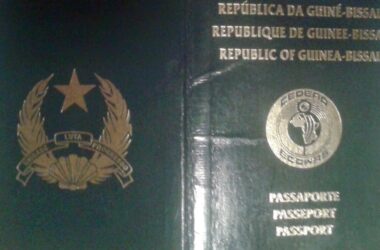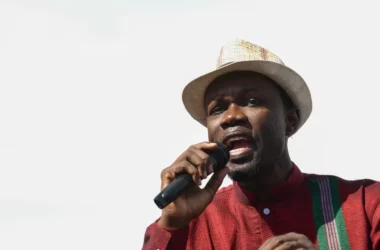 (JollofNews) – Burkina Faso’s army and civil groups Tuesday struggled to approve a framework for a transitional government after the ouster of the country’s longtime ruler.
(JollofNews) – Burkina Faso’s army and civil groups Tuesday struggled to approve a framework for a transitional government after the ouster of the country’s longtime ruler.
Major decisions were yet to be taken on sensitive questions surrounding the transition, including how many seats the military would be allocated in parliament and who would serve as interim president.
The army and civilian groups appeared particularly far apart on the make-up of an interim parliament despite initial optimism by Senegalese President Macky Sall who said Tuesday a deal could be reached.
Sall, an emissary of the west African regional bloc ECOWAS, was in the Burkina Faso capital Ouagadougou to facilitate a transition plan along with Togo President Faure Gnassingbe.
The army, which took power after president Blaise Compaore’s exit following a popular uprising in response to his bid to extend his 27-year rule, is under heavy international pressure to quickly hand over to a civilian government.
The military has installed Lieutenant-Colonel Isaac Zida, the 49-year-old second-in-command of the presidential guard, as the country’s new leader.
The United States has called for a democratic transition while France and the European Union have pressed for free elections to be held quickly. The African Union had warned of sanctions if the handover is not effected in two weeks — a demand that has been rebuffed by Zida, who nonetheless insists he has no interest in staying in power.
“I am certain that after discussions with Lieutenant Colonel Zida and the other players (from civil society), we will certainly be able to approve the charter” for the transition, the Senegalese president said.
“Once it is approved, the rest will follow suit quickly,” he said.
Wide divisions
The opposition and civil society groups agreed on a blueprint for transition that provides for new elections in a year. The deal now has to be negotiated with the military.
The blueprint handed over to the military on Monday provides for elections in November 2015, with an interim civilian president, a 25-member government and a transitional parliament with 90 seats.
It would grant only 10 seats each to the military and Compaore’s party.
The army has proposed a sharply different transitional parliament that would include 60 members: 15 each for the opposition, civil society representatives, the military and Compaore’s party.
Opposition and civil society groups along with religious and traditional leaders were to meet on Wednesday to discuss the army’s requested changes.
Luc Marius Ibriga, a prominent civil society figure, conceded differences remained between the two sides, with the army also rejecting a “reform and reconciliation commission.”
But according to him, “that the president and prime minister be civilians, that is accepted”.
Another civil society figure, David Mayenga, spoke of pressure from the Senegalese and Togolese presidents to accept the military’s recommendations
Mayenga alleged that the army’s proposals made it seem as if a military coup had occurred in the deeply poor, landlocked and cotton-producing nation of some 17 million people, many of whom are subsistence farmers.

